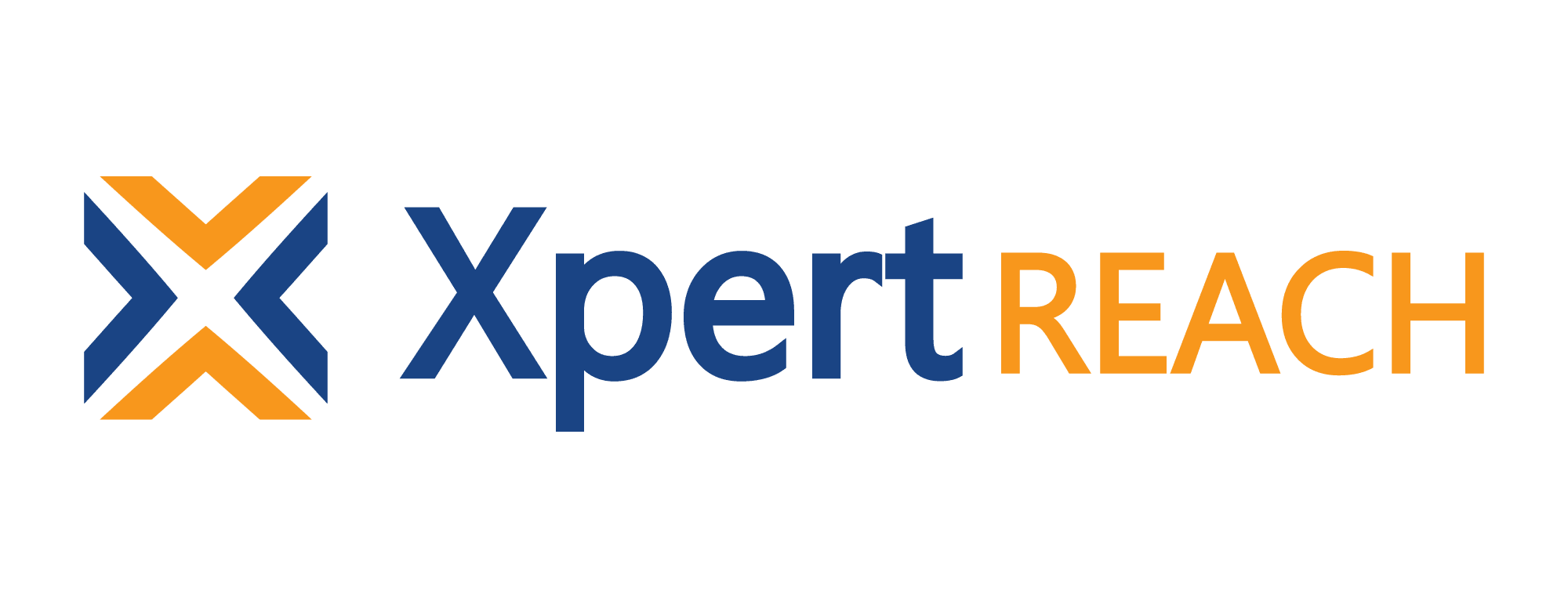Best Practices for Consultants
- September 17, 2019
- Posted by: publisher@xpertreach
- Categories: Best Practices, Gig economy
Companies seek to hire professional and successful freelance consultants who bring expertise and different, but working, solutions to their companies’ problems.
We list down the most essential practices every freelance consultant should aim for.
Set up your platform
To be a successful freelance consultant, you should set up your platform to market your services and find clients. This can be at the very minimum, a website.
There are a number of marketplace platforms that offer opportunities for consultants to register and apply for work. However, quality of work or consultants cannot be guaranteed on many, as they are catering to the mass freelance market. Joining a curated marketplace provides member consultants the opportunity to reach clients who are looking for verified talent.
Know your Client
Spending the time to understand the client’s business, business objectives, and their business challenges is key to understanding what the client needs from the consultant. Take the time to discuss the client’s business, challenges and objectives from the project, to help you develop working solutions that caters to their requirements.
Be accurate about your areas of expertise
Companies seek to hire experts who will help them find solutions to business challenges. It is critical that experts applying for work accurately describe their level of expertise and experience. Overstating expertise can result in a failure of delivery, impacting not only the current work, but also future opportunities.
Communication
Freelance consultants must focus on clear and regular communication with clients. At the outset, communicated your experience, expertise and proposals clearly to clients. You should also form your communications strategy, to keep clients updated with progress, issues and challenges on a regular basis.
Be clear about what communication channels your client prefers and you can use with your Platform. If you use platform tools, the communications are automatically stored and available for your review. Remember, good communications and good record keeping not only facilitates project delivery and client engagement, but also protects you in case of any disagreement or dispute.
Fees and Billing
You should be clear on your hourly, daily and long-term project fee rates. A good benchmark would be to research what other consultants with similar experience have billed. Do your research. You can also refer to publicly available fee benchmarking studies.
Consultants should bill clients on the agreed basis – whether on agreed periodicity, for example for time spent (hourly or daily fees); or on fixed basis, for example on completion or delivery of milestones. The most popular forms of pricing tends to be fixed fees (on milestone) and daily pricing (based on record of actual time spent on the project). Maintaining a verifiable record of time spent is necessary for projects with fee based on time spent.
Written contracts
Discussions between freelance consultants and prospective clients can be taken as a part of enforceable legal contracts. It is ideal that consultants enter into a written agreement with client, which clearly details the responsibilities, scope and deliverables. A written agreement protects both parties, and also ensures that only agreed terms become part of a contract.
Proactiveness and Reliability
Clients appreciate consultants who are proactive and reliable. Reliability is about delivering what you promised, and keeping the client engaged and informed at all stages of the project, including about any challenges or delay.
Proactiveness is about addressing any challenges or issues with the projects and proposing possible solutions to the client.
Managing the Engagement
Start with ensuring that client expectations are understood, and your proposal and communication with the client clearly articulate responsibilities, scope of work and deliverables. Communicate these verbally and through your platform communication tools or emails.
It is your responsibility to ensure the client receives regular updates on the project progress and any issues or challenges. Managing the engagement proactively goes a long way in keeping the client happy and providing a positive review or feedback, which can place you positively for the next project.
Leave a Reply
You must be logged in to post a comment.
